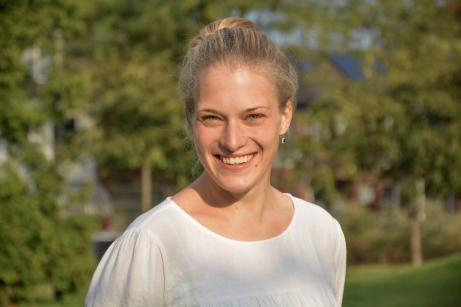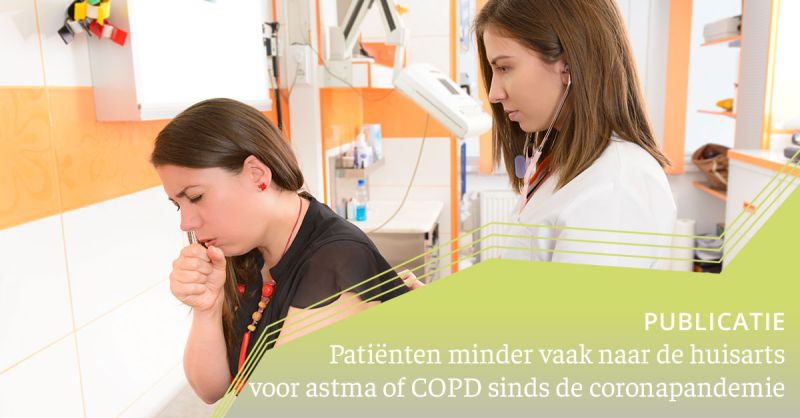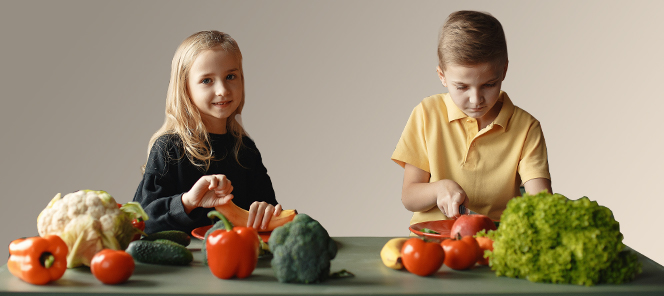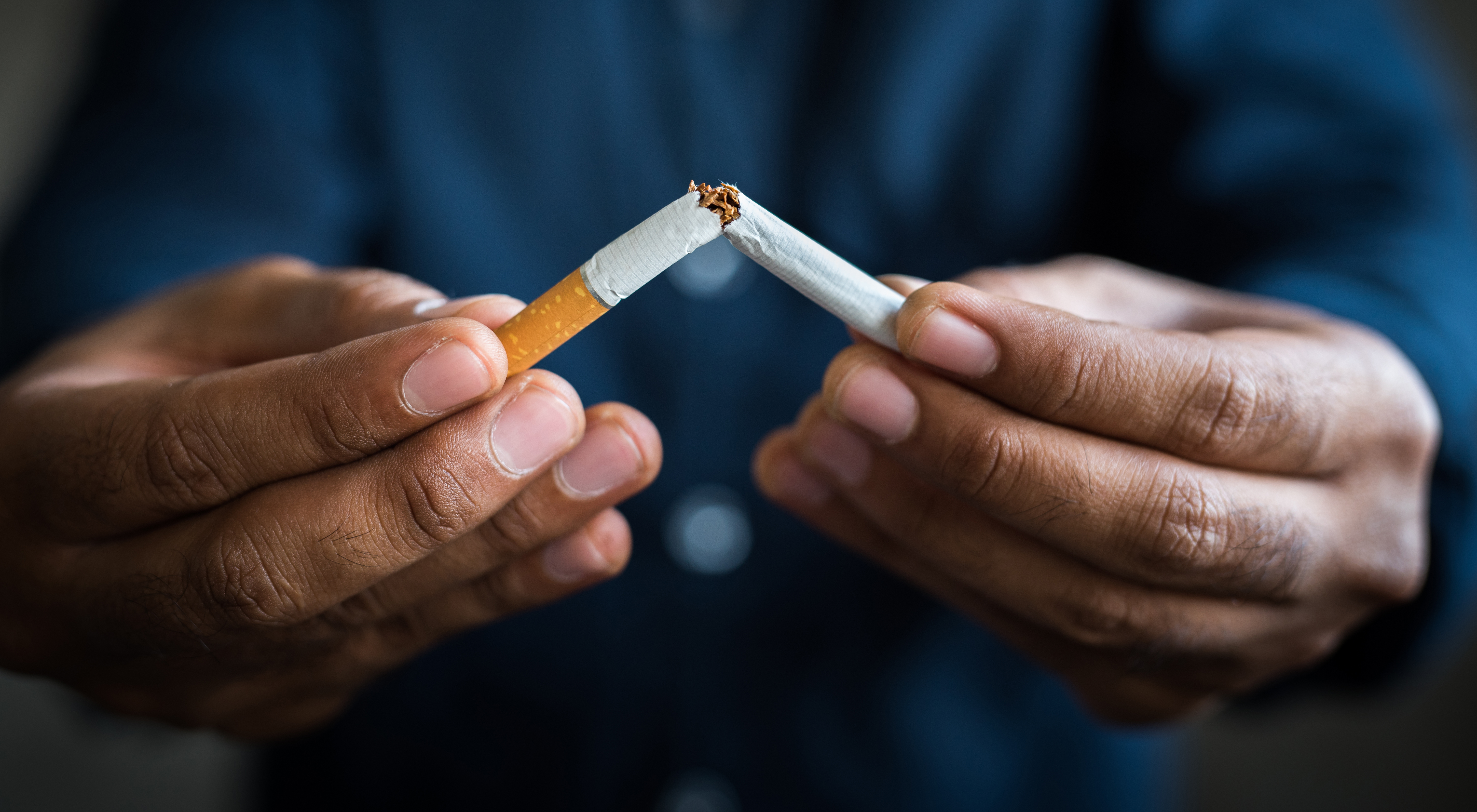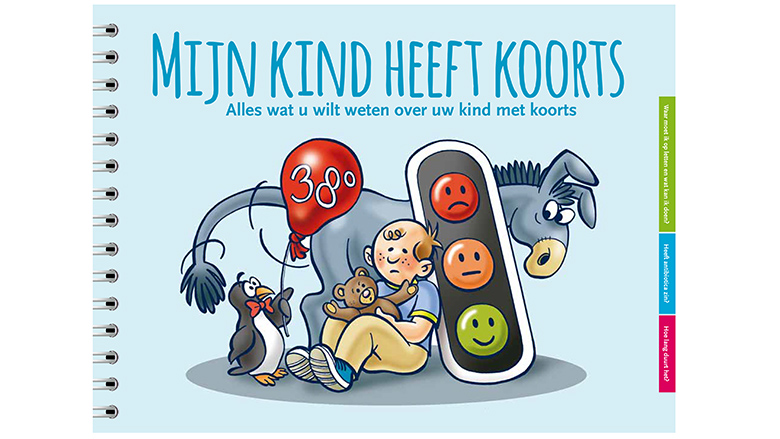Optimising Patient Care
In view of advances in knowledge and changes in population demographics and health care, the research line Optimising Patient Care (OPC) wants to provide better insight in effective prevention, diagnosis, treatment and prognosis of diseases in (primary) care and public health. We want to turn questions arising from clinical and public health practice into evidence that is applicable in practice itself.

Research and impact
We carry out studies among patients in general practice as well as secondary and tertiary care, and public health settings, evaluating new and existing care elements and strategies. In addition, we run and study population-based cohorts in order to discover new targets for prevention. We have a strong interest in strengthening prevention in the region. We make use of the latest methodological approaches, including prediction modelling, meta-research techniques and machine learning; in the process of designing and performing studies, we often develop innovative quantitative methodology that can also be used elsewhere in clinical and epidemiological research.
Case study
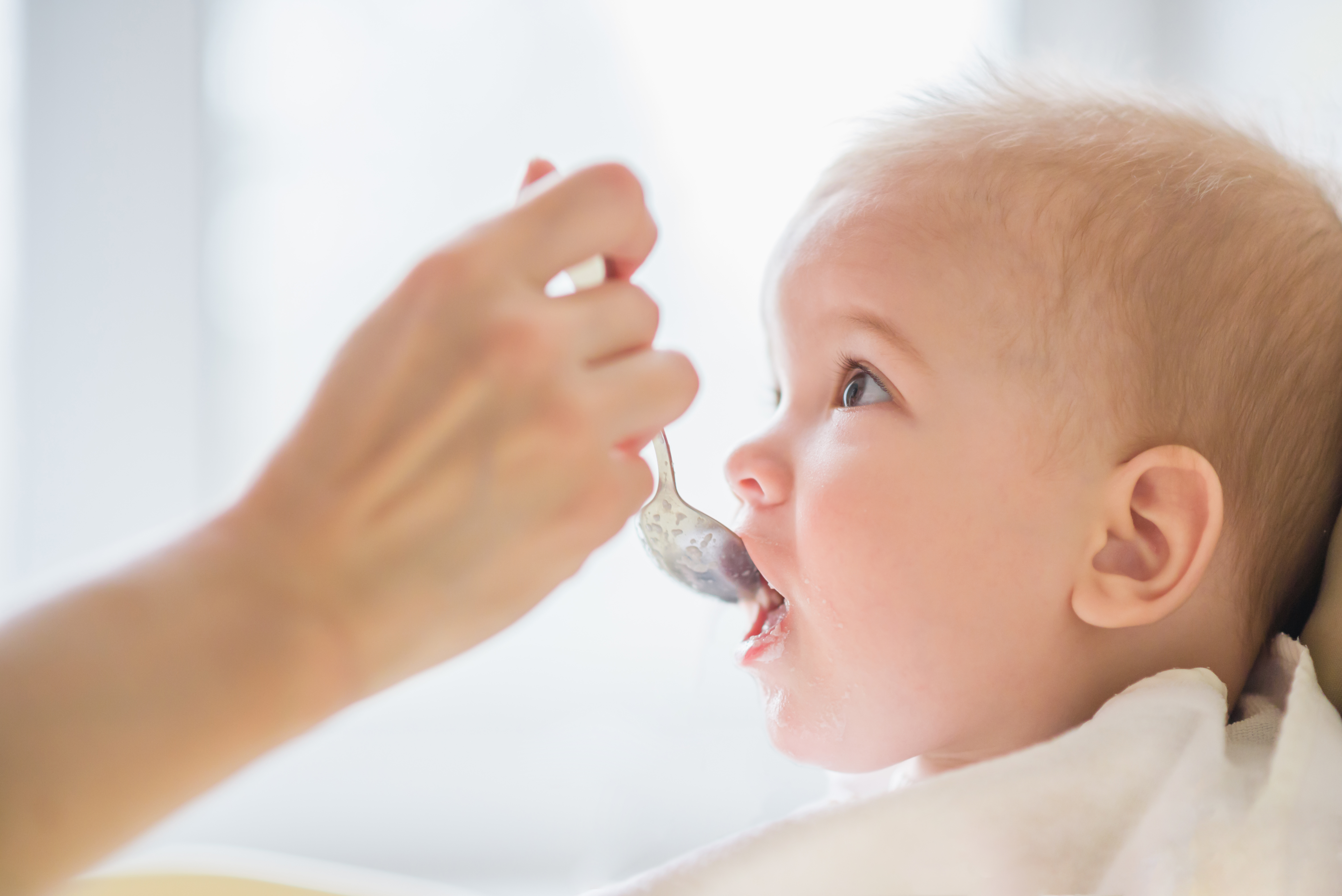
Complementary feeding during the first six months of life. Yes or no?
For years, children’s healthcare centres in the Netherlands advised young parents to feed their baby only breast milk for the first six months of life. Exclusive breastfeeding was thought to reduce the risk of infants developing food allergies and eczema. A substudy of the KOALA study found that the reality is a bit more nuanced. The guidelines have since been updated.
News
-
Our PhD candidate Esther Boudewijns has been nominated for the Albert Schweitzer Prize 2022 with the project 'Cooking should not kill'!
-
The PINCOR study will be studying the effect of a person-centered, integrated approach for recovery of COVID-19 with coordination and cooperation of all disciplines involved within a Regional COVID-19 rehabilitation network.
-
Since the start of the corona pandemic in March 2020, the use of general practitioner care by patients due to asthma or COPD has been persistently lower than in 2019, the year before the corona pandemic.
-
Floor van den Brand has won the Catharina Pijls Dissertation Prize for her ‘excellent research in the field of health sciences’.
-
The Nationale Wetenschapsagenda (national science agenda) has granted a consortium of 25 other organisations, 1.32 million euro to give children a promising start using big data.
Research stories and case studies
Publications and Doctoral Theses
Projects and partners
Here we provide insights into what topics our research projects are tackling (selection), who the actors involved in them are, and how our research enables doctors and public health workers to deliver care and care-related prevention that is optimally suited to every individual.
Persoonsgerichte, integrale nazorg COVID-19 in de regio (PINCOR)
Ziektelastmeter voor Chronische Aandoeningen
Earlier diagnosis and improved pharmacotherapy for Dutch preschool children with asthma-like symptoms by using the innovative breath test
Childhood Infections Limburg (CHILI): Optimizing management and medication of febrile children in out-of-hours primary care
The Healthy Primary School of the Future
Continuous Abstinence Through Corporate Healthcare (CATCH)
Living Labs
Research Line Optimising Patient Care participates in the following Living Lab:
Calendar
People
Here you can find an overview of staff members connected to the research line:
Contact

Chair
Dr. Mark Spigt
Associate Professor (Dep. of Family Medicine)
m.spigt@maastrichtuniversity.nl
+31 43 3882309

Vice-chair
Prof.dr. Luc Smits
Professor of Clinical Epidemiology and Risk Based Care
luc.smits@maastrichtuniversity.nl
+31 43 3882821

Secretariat
Conny de Zwart
conny.dezwart@maastrichtuniversity.nl
+31 43 3882366

